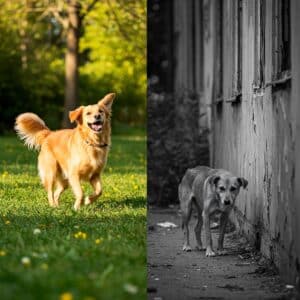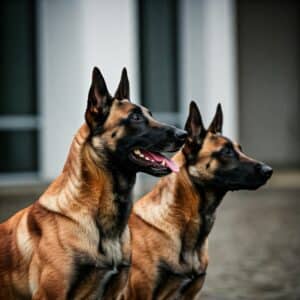For many dog lovers, the joy of having a furry companion can be overshadowed by allergies. The good news is that hypoallergenic dog breeds exist, offering a solution for those sensitive to pet dander, saliva, and urine. While no dog is entirely hypoallergenic, certain breeds produce fewer allergens than others. In this article, we’ll explore what hypoallergenic means, list popular hypoallergenic dog breeds, and provide tips for managing allergies while enjoying the companionship of a dog.
Understanding Hypoallergenic Dogs
Hypoallergenic dogs are breeds that are less likely to trigger allergic reactions in sensitive individuals. They achieve this through:
- Low-Shedding Coats: Many hypoallergenic breeds have hair instead of fur, which reduces the amount of dander released into the environment. They tend to shed less, making cleanup easier.
- Minimal Odor: Some hypoallergenic breeds produce less oil and have a milder scent, which can help reduce allergic reactions.
- Different Coat Types: Breeds with curly or wavy coats can trap dander and hair, preventing it from spreading in the home.
It’s essential to remember that individual reactions can vary. What works for one person may not work for another, so it’s advisable to spend time with a breed before making a commitment.
Popular Hypoallergenic Dog Breeds
1. Poodle
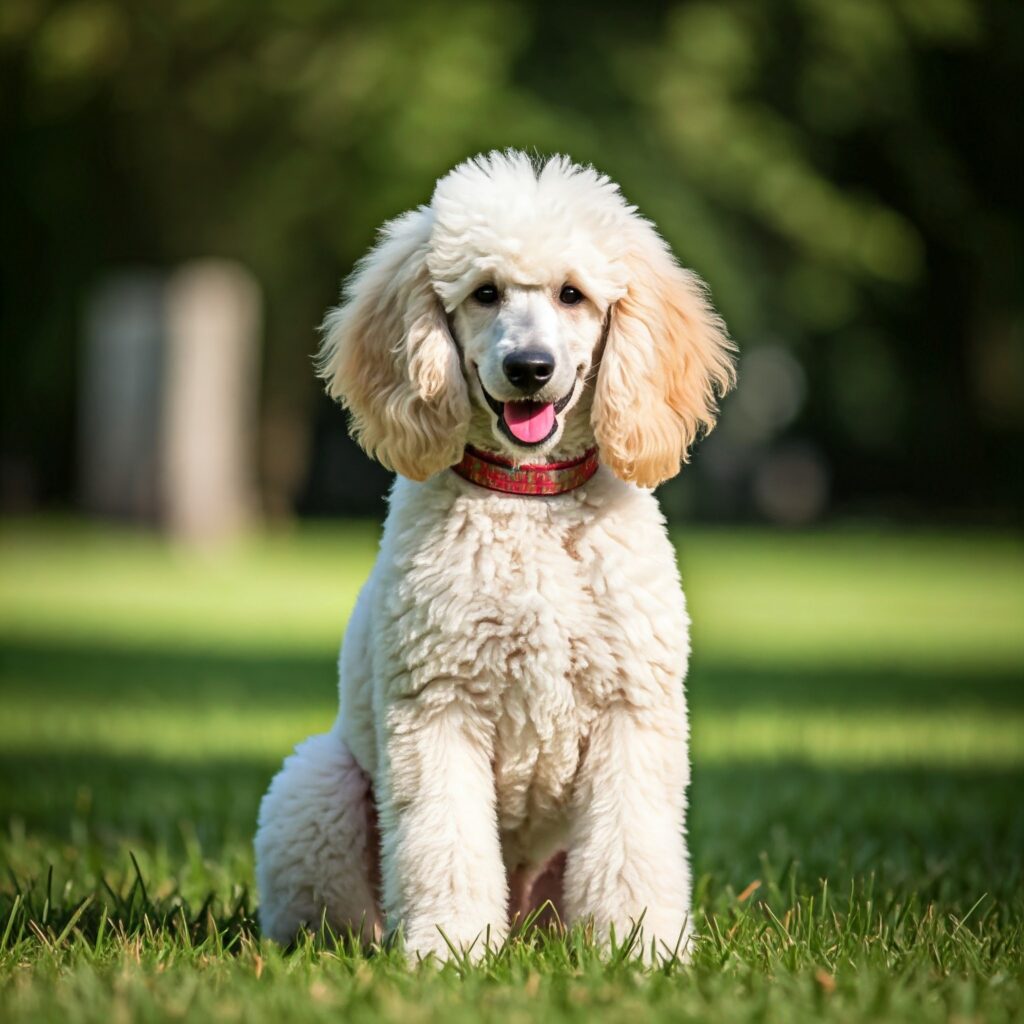
Poodles come in three sizes: standard, miniature, and toy. They are known for their intelligence, trainability, and low-shedding coats, which are curly and trap dander effectively. Poodles are energetic and enjoy a variety of activities, making them perfect companions for active families.
- Size: Varies (10-70 pounds)
- Temperament: Intelligent, active, and friendly
2. Bichon Frise
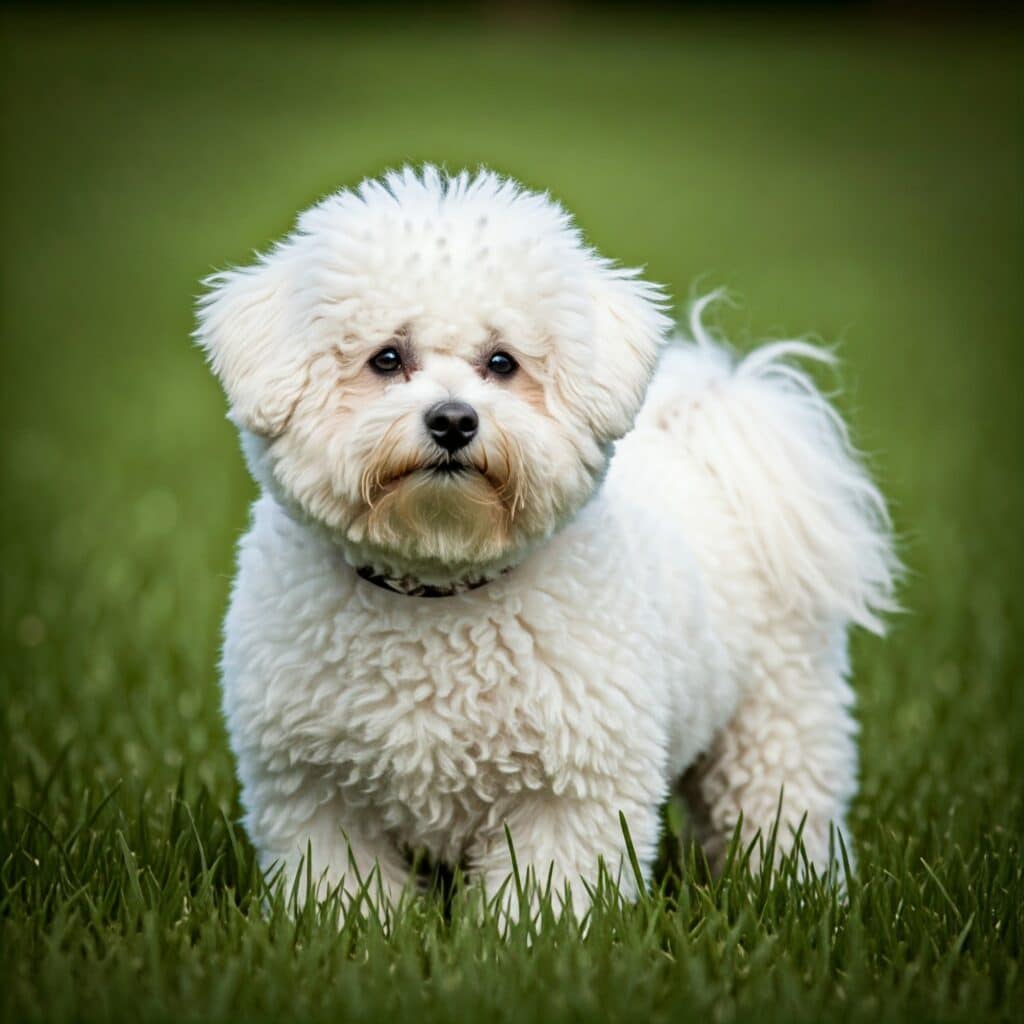
The Bichon Frise is a small, cheerful breed with a soft, curly coat that requires regular grooming. They are known for their playful nature and affectionate temperament. Bichons thrive on human interaction and are excellent family pets.
- Size: 10-20 pounds
- Temperament: Friendly, playful, and affectionate
3. Maltese
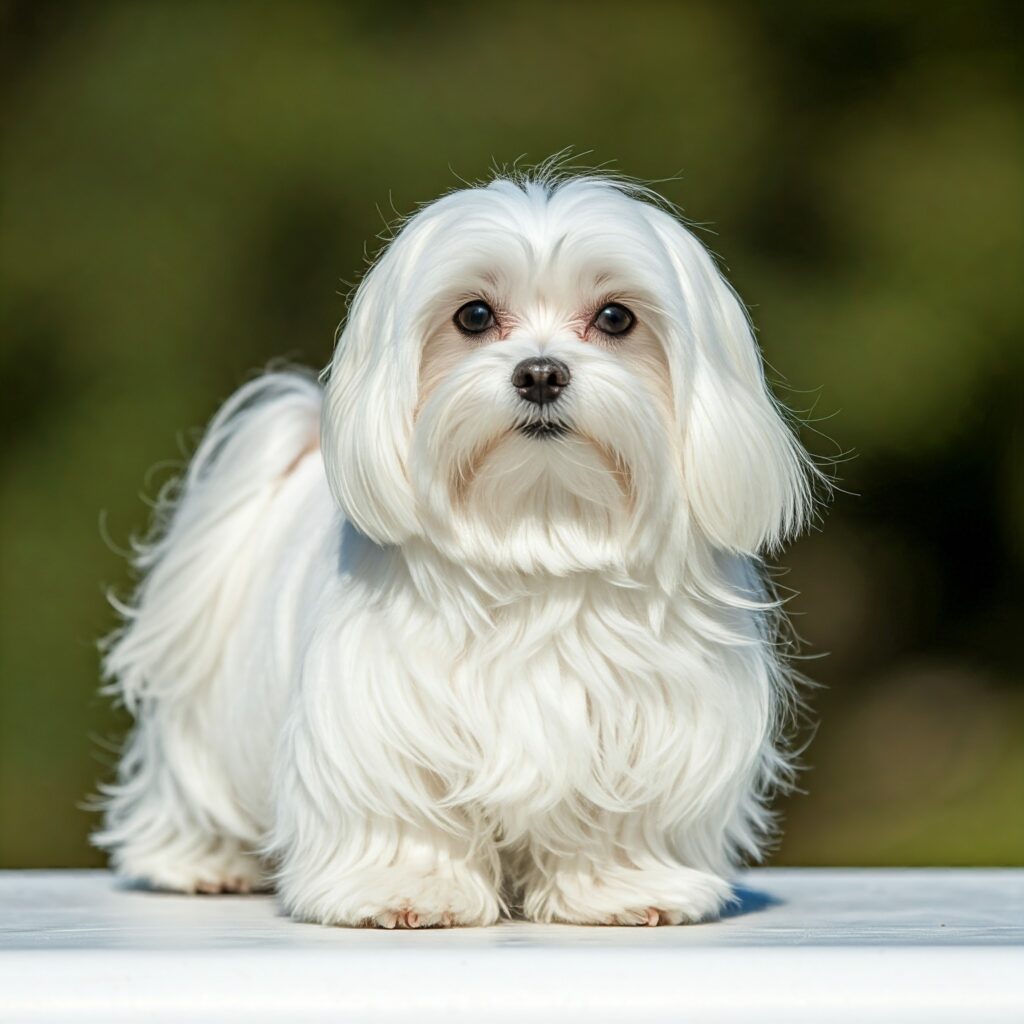
Maltese dogs are small and charming, characterized by their long, flowing white coats. Despite their delicate appearance, they have a bold and confident personality. Regular grooming is necessary to maintain their coat, but they shed very little dander.
- Size: 4-7 pounds
- Temperament: Affectionate, lively, and playful
4. Schnauzer
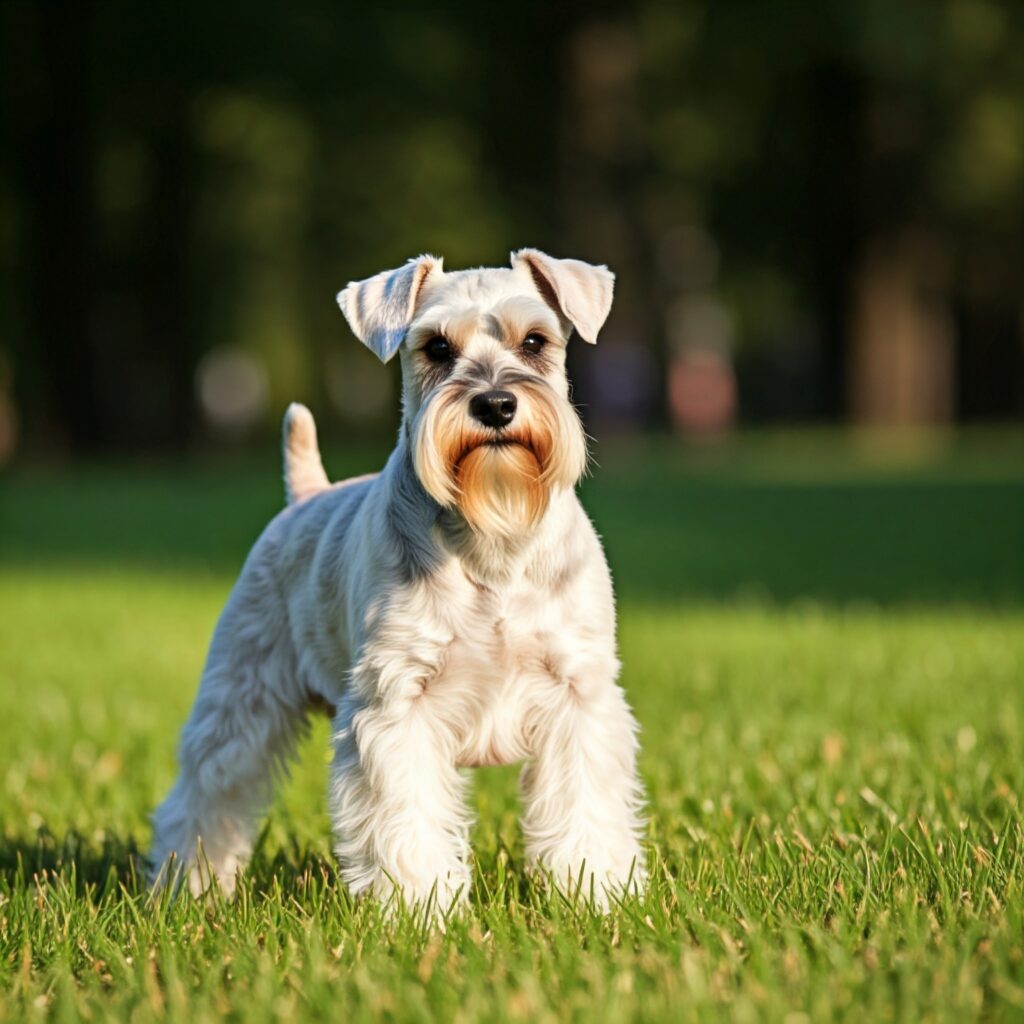
Schnauzers come in three sizes: miniature, standard, and giant. They have a distinctive wiry coat that requires regular grooming. Schnauzers are known for their intelligence and protective nature, making them excellent watchdogs.
- Size: Varies (12-70 pounds)
- Temperament: Alert, friendly, and energetic
5. Shih Tzu
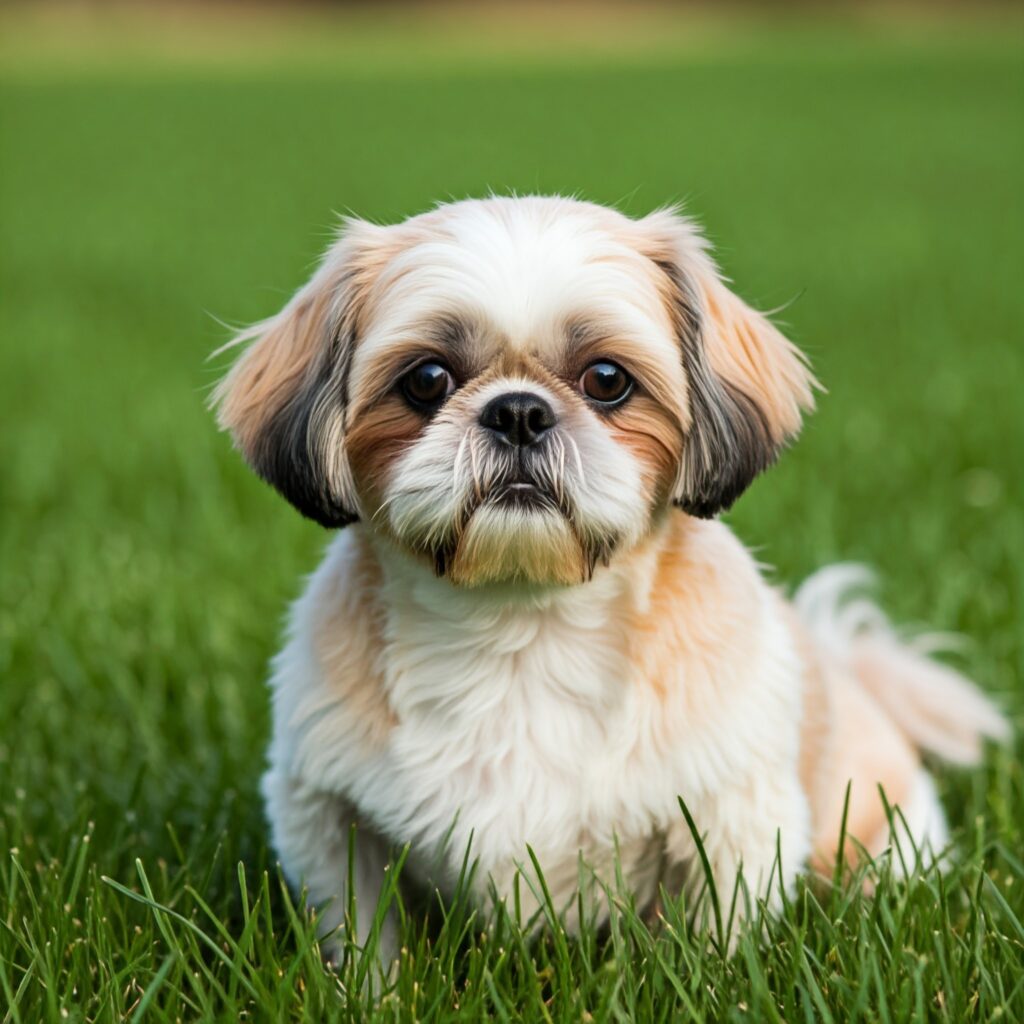
Shih Tzus are small dogs with long, luxurious coats. They have a friendly and affectionate nature, making them great companions. Regular grooming is essential to prevent matting, but they are considered hypoallergenic due to minimal shedding.
- Size: 9-16 pounds
- Temperament: Affectionate, outgoing, and playful
6. Yorkshire Terrier
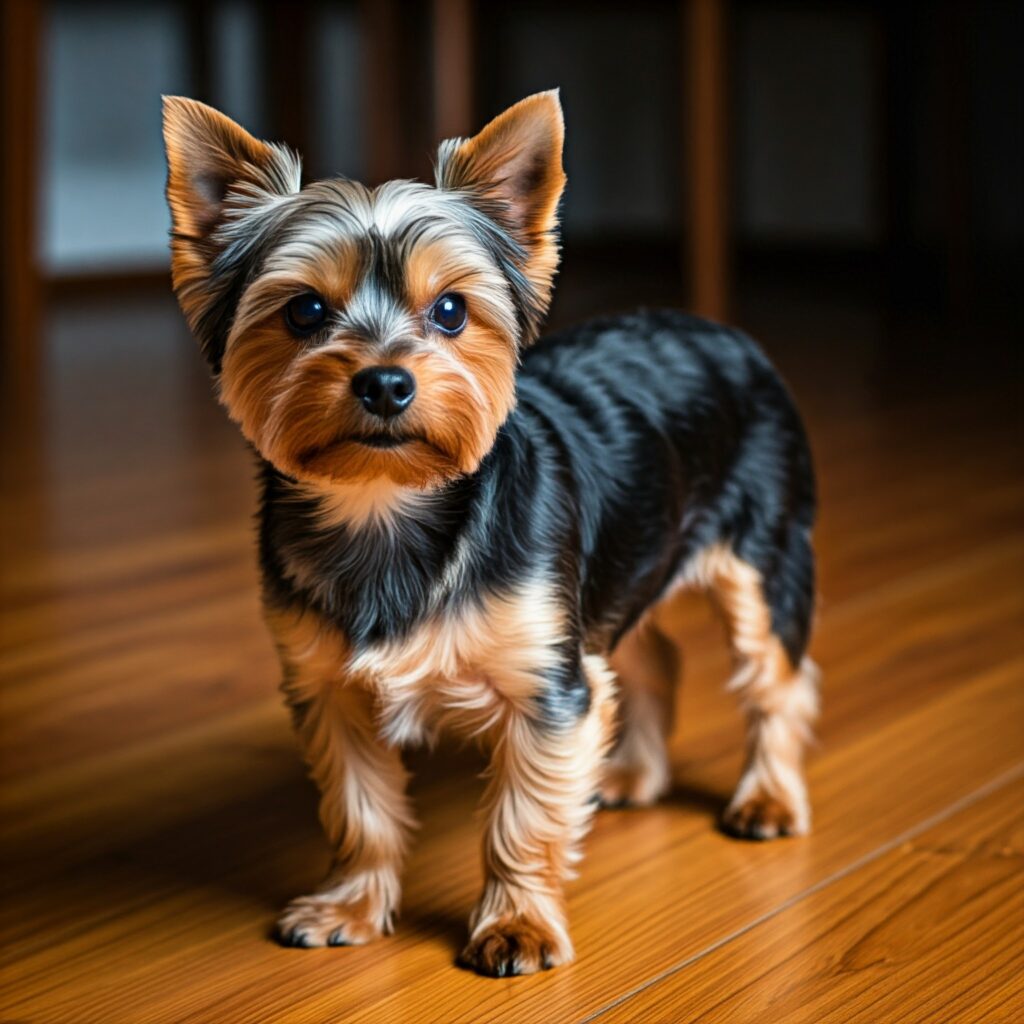
Yorkshire Terriers, or “Yorkies,” are small and energetic dogs with a fine, silky coat. They are known for their spirited personalities and loyalty to their owners. Despite their small size, they have a strong character and require regular grooming.
- Size: 4-7 pounds
- Temperament: Spirited, brave, and affectionate
7. Portuguese Water Dog
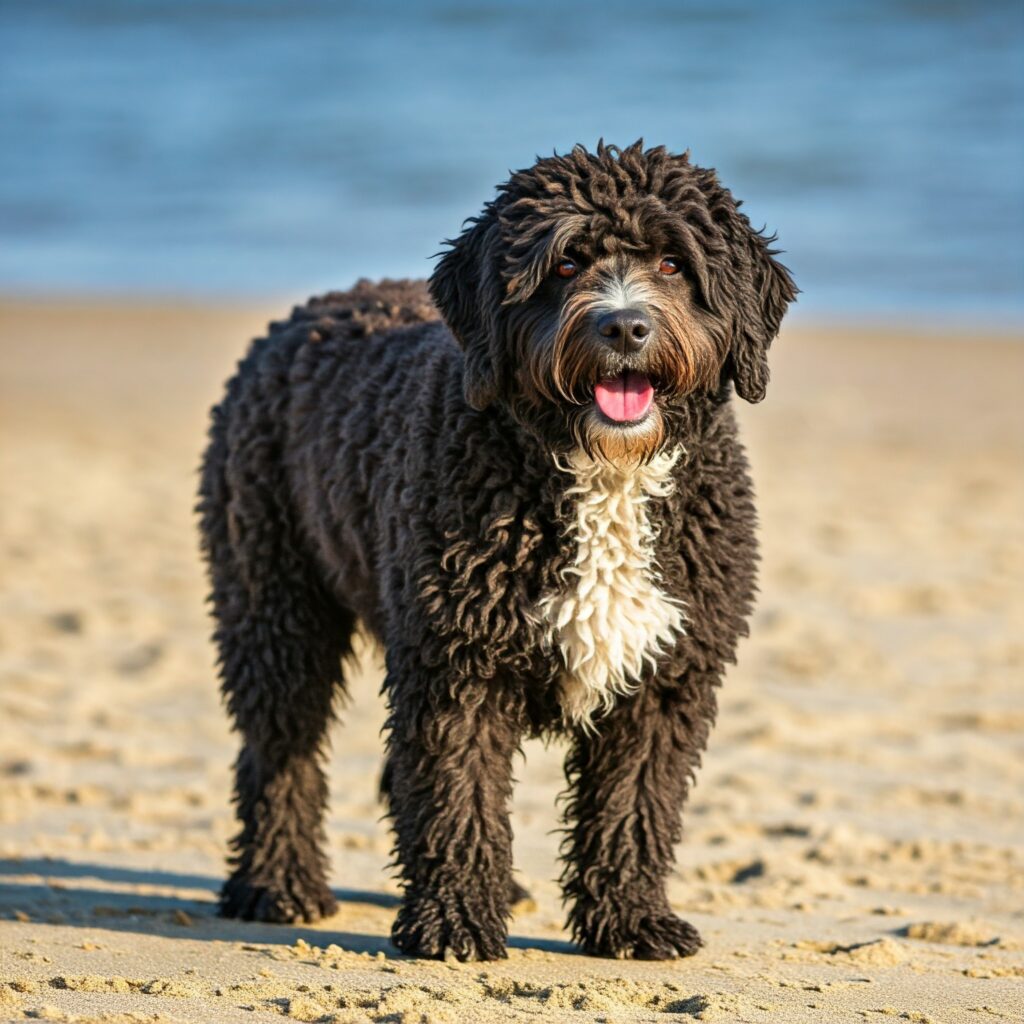
The Portuguese Water Dog is a medium-sized breed with a curly coat similar to a Poodle. They are highly intelligent and energetic, requiring regular exercise and mental stimulation. This breed is known for its love of water and can be trained for various activities.
- Size: 35-60 pounds
- Temperament: Intelligent, energetic, and friendly
8. Basenji
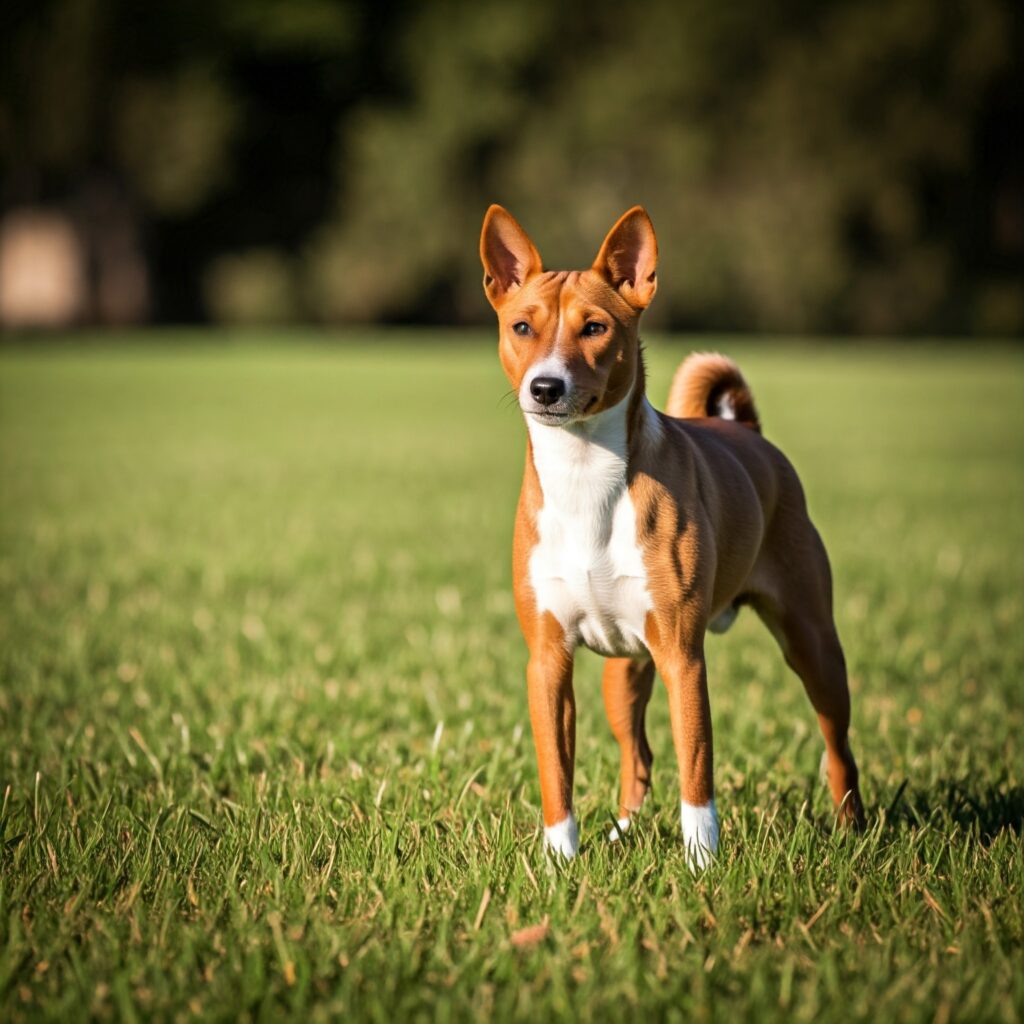
Known as the “barkless dog,” the Basenji is a small, elegant breed with a short, fine coat. They are independent and intelligent, making them unique companions. Their low-shedding coat and minimal odor make them suitable for allergy sufferers.
- Size: 22-24 pounds
- Temperament: Independent, clever, and alert
Tips for Managing Dog Allergies
While choosing a hypoallergenic breed can help reduce allergic reactions, there are additional steps you can take to manage allergies effectively:
1. Regular Grooming
Frequent grooming can help minimize dander and loose hair. Brush your dog outside whenever possible to prevent allergens from accumulating indoors. Regular baths can also help keep your dog’s coat clean and reduce allergens.
2. Clean Your Home
Maintaining a clean home is crucial. Vacuum carpets and upholstery regularly, using a vacuum equipped with a HEPA filter to capture allergens. Wash your dog’s bedding, toys, and any items they frequently use to reduce dander buildup.
3. Designate Dog-Free Zones
Establish areas in your home where your dog is not allowed, such as bedrooms and designated living spaces. This can help create a safe zone for allergy sufferers and reduce exposure to allergens.
4. Use Air Purifiers
Investing in HEPA air purifiers can significantly reduce airborne allergens in your home. Place them in rooms where your dog spends time and in areas where allergies are most problematic.
5. Consult an Allergist
If you or your family members have severe allergies, consulting an allergist can provide personalized recommendations. They may suggest allergy testing or treatments to help manage symptoms effectively.
Preparing for a Hypoallergenic Dog
Before bringing a hypoallergenic dog into your home, consider the following:
- Lifestyle: Ensure you have the time and resources to groom and exercise your dog. Hypoallergenic breeds often require regular grooming and mental stimulation.
- Allergy Testing: If unsure about your allergies, consider getting tested. This can help you understand which breeds might work best for you.
- Adoption or Breeder: Consider adopting from shelters or breed-specific rescues. Ensure that you research reputable breeders who prioritize health and temperament.
Conclusion
Hypoallergenic dog breeds offer a wonderful opportunity for allergy sufferers to experience the joys of pet ownership. With a variety of breeds available, from energetic Poodles to affectionate Bichon Frises, there’s a perfect companion for everyone.
By understanding the characteristics of these breeds and implementing strategies to manage allergies, you can create a harmonious environment that allows for the companionship and love that only a dog can provide. Remember, spending time with a dog before making a decision can help ensure a good match, paving the way for a fulfilling and allergy-friendly relationship. Enjoy the journey of finding your new furry friend!



